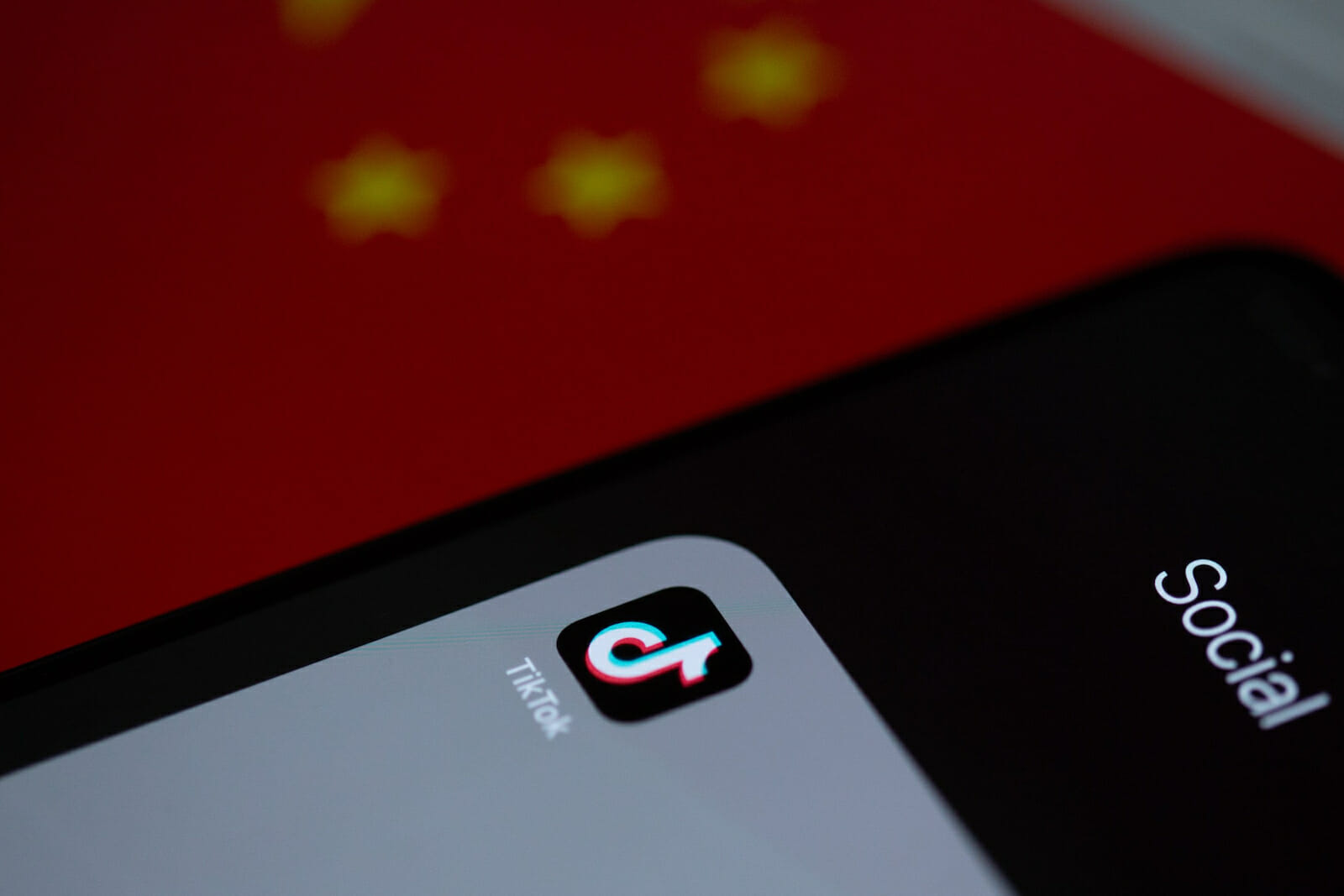
America’s Conflict with China is Ideological and so Much More
A number of political analysts have recently stated that they do not believe that America’s conflict with China needs to be an ideological one or that guarding the West’s interests need not imply an ideological battle. With respect, this is a baffling argument, since the foundation of America’s battle with Beijing is indeed ideological. It is a battle between democracy and autocracy, market capitalism versus state capitalism, the right to free speech versus active persecution of dissent, and so much more.
Some analysts contend that America and the West have spent decades objecting to Beijing on ideological grounds and claim that it got us nowhere, but that is not true. China would likely never have opened up to the West politically, economically, or diplomatically the way that it has since the 1970s without Western engagement. The issue now is that America and the rest of the world have unleashed a dragon in the process. Nixon and Kissinger believed that Beijing would ultimately liberalize politically as a result. We now know that was never going to happen.
Not since the modern liberal order was born in the 1940s has the world had to grapple with the possibility of its demise – and at the hands of an authoritarian communist state. Just at a time when the world is in need of the stability and good governance it has had the luxury of relying upon for decades, it must contemplate transitioning to a world order not of the West’s choosing. Nor has America had to contend with a rival on roughly equal terms. The Soviet Union was never America’s equal, but China is fast becoming one. China has grown to become so powerful in so many arenas that Washington is being forced to address that reality for the first time.
China is acting exactly as one would expect a rising global power to act, and not too differently than America did before it became a superpower: strengthening its position, spreading its influence, and building its military power. Instead of taking offense, America should be doubling down on its own ability to do the same. Many in the U.S. Congress are acting as if China’s rise was a personal challenge to their own sense of self-worth – as if, rather than two nations acting on a global stage, this was two children jockeying for position on the playground and refusing to play together in the sandbox.
It is ultimately in America’s, China’s, and the world’s interest to pursue a path of genuine collaboration where it can and engage in full-throttled competition where it must. America should abandon its unrealistic expectations that China will change anything about itself or its approach to its own engagement with the world. From the Chinese perspective, what it is doing has worked quite well and its capacity to adapt, evolve, and reinvent itself has already made it the second most important country in the world.
What is certain is that Beijing’s realization of the Chinese century is sure to be infused with precepts and applications that are uniquely Chinese. The world has yet to fully contemplate all that this portends, but Xi wants to achieve a pathway that guarantees the supremacy of China and the Chinese Communist Party throughout this century and beyond. He is likely to do just that, for he has a vision not only for how China reigns supreme in the economic, political, diplomatic, technological, and, eventually, military arena, but also how it gets there.
America is likely to regain its international footing after the Trump era ends, which could dramatically change the nature of this race. Based on the cycles of American history, the isolationism that marked the Obama and Trump eras is likely to be replaced by a return to interventionism, or, at a minimum, to active engagement and cooperation with its many allies, which is something Beijing fears. Although Beijing is in the process of establishing its own small grouping of allies around the world, it will be some time before the depth of its alliances comes close to matching Washington’s. But anyone who doubts China’s resolve to reassume its position as the world’s leading nation is bound to be daunted by the ferocity, and competency, with which it pursues that objective.
Say what you will about the slippery slope the U.S. government has been on since Trump came to power, America has a rich history of promoting creative thought, running head-first into particularly uncomfortable subjects, and encouraging robust debate internally and among its allies and partners. Once Trump leaves the scene, America is sure to be perceived as having briefly lost its senses and will come charging back into the mainstream of global thought, debate, and engagement. China has entered the global arena crippled by its own ideology. Ultimately, the U.S. is better equipped to lead the world. It knows that, and so does most of the rest of the world. Someone had better tell Beijing.
This article was originally posted in Diplomatic Courier.

